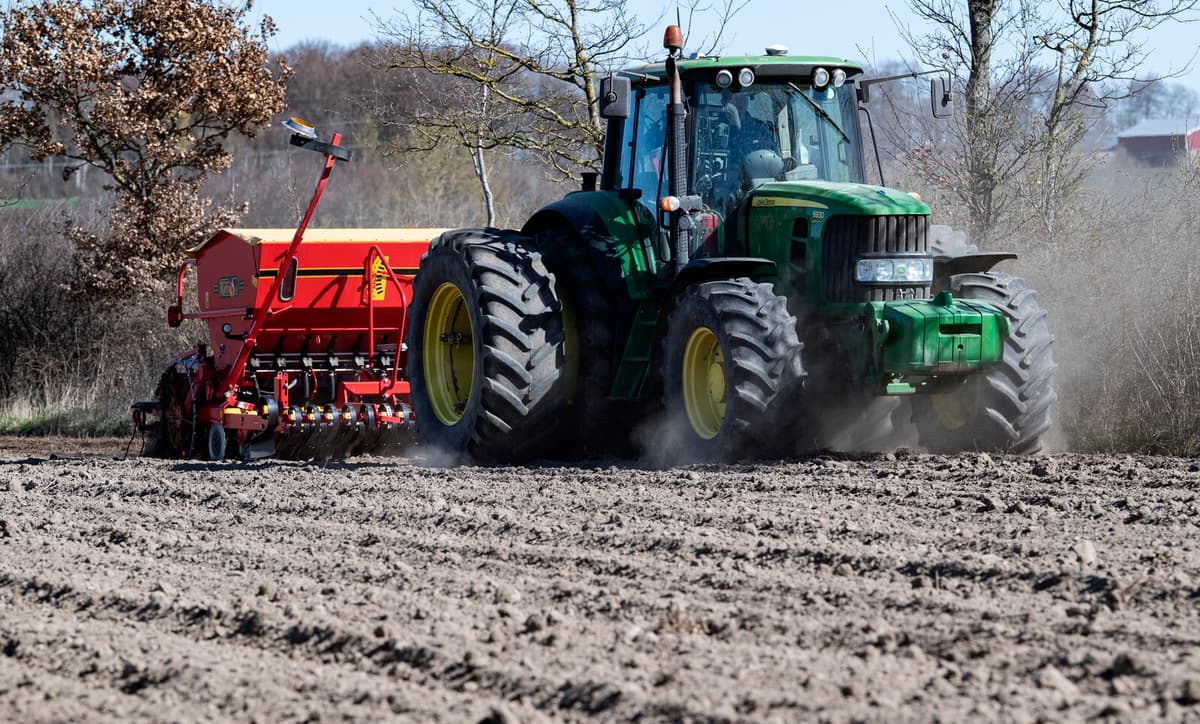The proposal means that the measure introduced after fuel prices and inflation soared in connection with the expansion of the Ukraine war will now be extended beyond 2025.
In a response, the Environmental Protection Agency criticizes this, writing that they assess that "the proposal hinders the fulfillment of national climate goals and Sweden's EU commitments on emission reductions."
Over half a billion kronor
The measure is estimated to reduce tax revenues by 610 million kronor in the coming year.
The long-term goal is, of course, to increase production of biofuels. This will have an effect, but so far, this is the best way we've found to achieve the overall goal in the food strategy, responds Minister for Rural Affairs Peter Kullgren (KD) regarding the impact on emissions.
Is it relevant to make this investment considering that both inflation and fuel prices are now dropping sharply?
Absolute. Agriculture faces major needs for investments, and if we are to increase food production in Sweden, competitiveness and profitability must also increase.
New food strategy
The proposal is now part of the government's so-called food strategy 2.0, which aims to "strengthen the Swedish food chain", totaling 746 million kronor over the remaining years in the plan. The budget will thus be reinforced in 2025 with 80 million to a total level of 246 million kronor.
There are various lubricants that we will return to in detail, but the basic idea is to strengthen the entire food chain. It should be seen in the light of our need to increase our food production, not least in a preparedness perspective, says Peter Kullgren.






